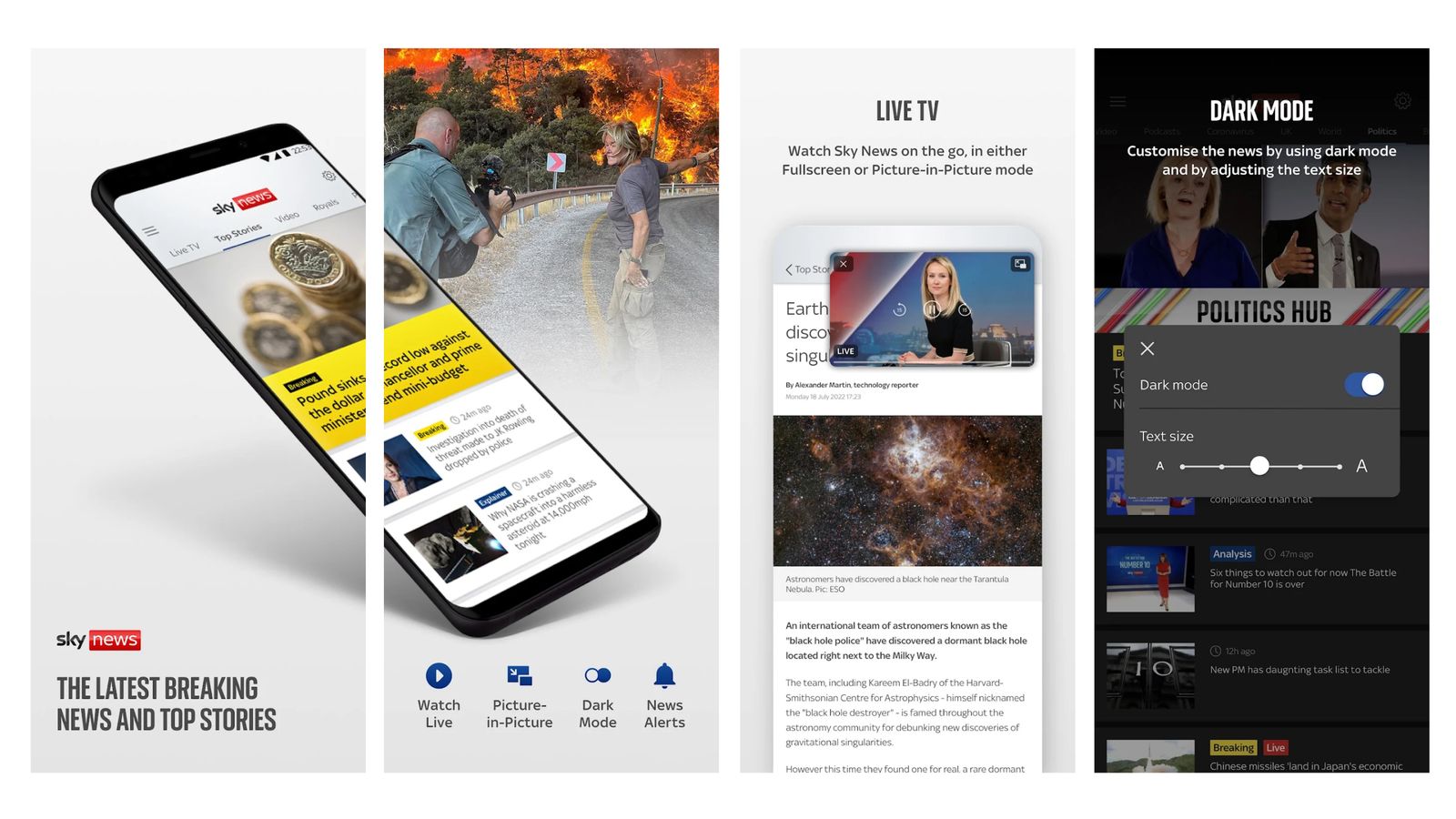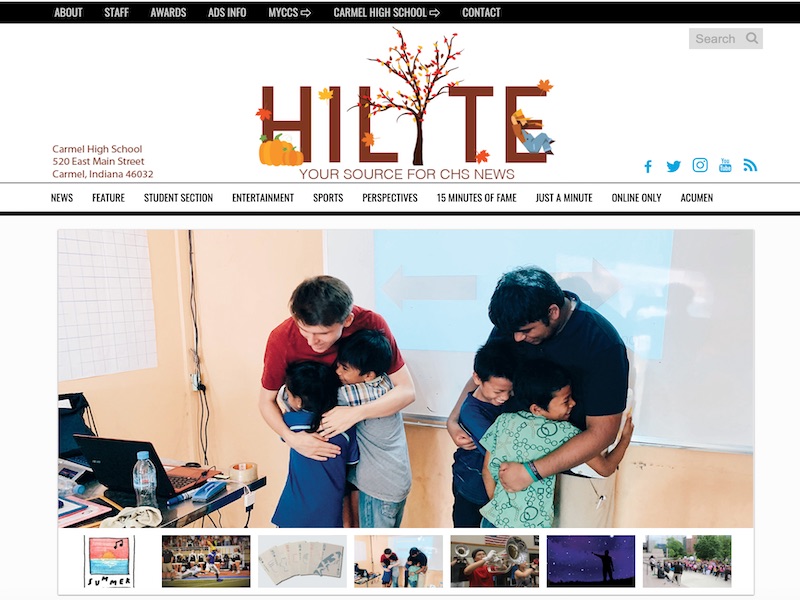The 3-Minute Rule for News Websites
The 3-Minute Rule for News Websites
Blog Article
News Websites - The Facts
Table of ContentsWhat Does News Websites Do?An Unbiased View of News Websites7 Easy Facts About News Websites Shown7 Easy Facts About News Websites ExplainedNews Websites - An Overview
It was down in the UK and Brazil yet up a few other nations, such as Greece, Bulgaria, and Poland (News Websites). This year, for the very first time, we asked concerning the various ways that individuals prevent the information and located that around half of avoiders (53%) were attempting to do so in a broad-brush or routine means for instance, by shutting off the radio when the news came on, or by scrolling past the news in social networkse.g. scrolling previous news, altering channels when news begins. of avoiders inspect sources less frequently. e.g. limit to certain times of day, shutting off notifications, etc. of avoiders stay clear of some subjects. e.g. topics that bring down state of mind or rise anxiety. You said that you attempt to proactively stay clear of information.

I'm probably selecting to find out more light-hearted stories than I made use of to at the moment. M, 51, UK Switching my back on news is the only means I feel I can cope sometimes. I need to purposely make the effort to avert for the benefit of my own psychological health.
News Websites Fundamentals Explained
Selective avoidance of Ukraine news was highest possible in a lot of the countries closest to the dispute, enhancing searchings for from our additional survey last year, right after the battle had actually started. Our data may not suggest an absence of interest in Ukraine from close-by countries yet instead a desire to handle time or shield mental health and wellness from the very real scaries of battle.
Contrasting Finland with a politically polarised country such as the USA (see following chart) that is less affected by the battle, we locate a very different pattern of topic avoidance. In the United States, we discover that consumers are a lot more most likely to stay clear of topics such as national politics and social justice, where debates over issues such as gender, sexuality, and race have become highly politicised.
American politics are pretty toxic nowadays. I locate occasionally that I need to detach from stories that just make me angry. F, 61, United States For some people, bitter and divisive political debates are a reason to turn off information completely, yet for some political home partisans, avoidance is frequently about obstructing out viewpoints you do not intend to listen to.

News Websites Can Be Fun For Anyone
Some are wanting to make news extra easily accessible for hard-to-reach groups, widening the news schedule, appointing even more inspiring or favorable information, or embracing positive or services journalism that give people a sense of hope or individual agency. In our survey this year, we asked respondents regarding their rate of interest in these different strategies.
This explains why stories like Ukraine or nationwide politics execute well with news regulars however can at the very same time turn less interested individuals away (News Websites). Discerning look at this web-site avoiders are much less interested in all sorts of information than non-avoiders yet in relative terms they do seem to be a lot more curious about favorable or solutions-based news

The Definitive Guide to News Websites
2023). This might hold true in the moment, yet in time it seems to be leaving lots of people vacant and much less pleased, which might be undermining our connection with and count on the news. Throughout markets, general rely on news (40%) and count on the resources individuals utilize themselves (46%) are down by an even more 2 percentage points this year.
Indeed, through the rear-view mirror, the COVID-19 count on bump is plainly visible in the following graph, though the direction of travel after that has actually been blended. Sometimes (e.g. Finland), the trust fund boost has been preserved, while in others the upturn looks more like a spot in a story of ongoing long-term decline.
Several of the highest possible reported degrees of media objection are discovered in nations with highest degrees of distrust, such as Greece, the Philippines, the United States, France, and the UK. The most affordable levels of media objection frequent those with higher degrees of depend on, such as Finland, Norway, Denmark, and Japan.
Little Known Facts About News Websites.
This year we asked participants about their preferences for text, audio and video clip when consuming news online. Usually, we discover that the bulk still like to check out the news (57%), as opposed to watch (30%) or pay attention to it (13%), however younger individuals (under-35s) are extra likely to pay attention (17%) than older teams.
Behind the averages we discover substantial and surprising country differences. In markets with a find here strong reading custom, such as Finland and the United Kingdom, around 8 in ten still like to review online information, however in India and Thailand, around four in 10 (40%) state they like to view news online, and in the Philippines that percentage mores than half (52%).
Report this page